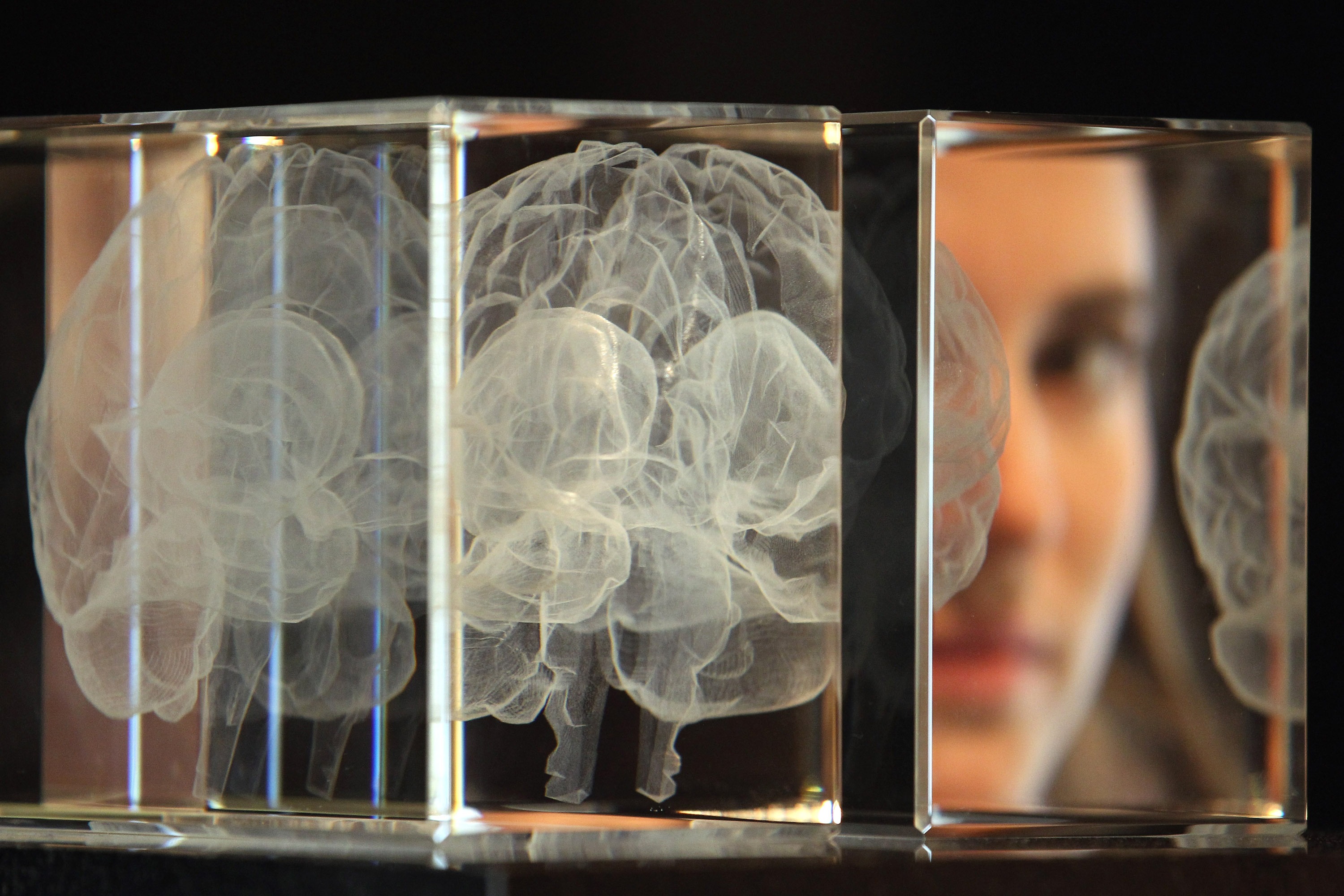How Tencent’s AI can diagnose Parkinson’s disease ‘within minutes’
New technology could help patients track their condition from their smartphones

A free daily email with the biggest news stories of the day – and the best features from TheWeek.com
You are now subscribed
Your newsletter sign-up was successful
The Chinese technology giant Tencent has developed an artificial intelligence (AI) programme that can speed up the process of diagnosing Parkinson’s disease.
Developed in collaboration with the London-based medical firm Medopad, the AI uses cameras that monitor how patients move their hands in order to evaluate the severity of their symptoms.
The AI has been trained to identify symptoms by studying existing video footage of Parkinson’s patients, says Forbes. The process, often referred to as machine learning, was completed with the help of London’s King’s College Hospital.
The Week
Escape your echo chamber. Get the facts behind the news, plus analysis from multiple perspectives.

Sign up for The Week's Free Newsletters
From our morning news briefing to a weekly Good News Newsletter, get the best of The Week delivered directly to your inbox.
From our morning news briefing to a weekly Good News Newsletter, get the best of The Week delivered directly to your inbox.
The process of monitoring a patient’s symptoms normally takes about half an hour, but the tech developed through the partnership could cut that down to three minutes.
According to Wei Fan, Tencent’s head of medical research, the technology would allow medical professionals to set drug dosage levels and monitor patients without the need for hospital visits, Bloomberg reports.
In an interview with the BBC, Medopad’s chief executive Dan Vahdat said the company had been hoping to create an AI programme for smartphones that was capable of detecting Parkinson’s symptoms but couldn’t find a Britain-based firm that could match “what Tencent offered as a partner.”
“Our ambition is to impact a billion patients around the world – and to be able to get to that kind of scale we need to work with partners that have international reach”, he said.
A free daily email with the biggest news stories of the day – and the best features from TheWeek.com
Can these AI techniques be used for other diseases?
If the technology developed for Parkinson’s patients proves a reliable method for tracking symptoms it’s certainly a possibility.
The technology is still a prototype. But if the AI could be transferred onto a smartphone – an area that Medopad specialises in – it could be adapted for other diseases.
Fan and Vahdat told Bloomberg that the technology could be applied to childhood brain cancers, for example. It could also be used to monitor the progression of scoliosis (a spinal condition) in younger patients.
-
 5 cinematic cartoons about Bezos betting big on 'Melania'
5 cinematic cartoons about Bezos betting big on 'Melania'Cartoons Artists take on a girlboss, a fetching newspaper, and more
-
 The fall of the generals: China’s military purge
The fall of the generals: China’s military purgeIn the Spotlight Xi Jinping’s extraordinary removal of senior general proves that no-one is safe from anti-corruption drive that has investigated millions
-
 Why the Gorton and Denton by-election is a ‘Frankenstein’s monster’
Why the Gorton and Denton by-election is a ‘Frankenstein’s monster’Talking Point Reform and the Greens have the Labour seat in their sights, but the constituency’s complex demographics make messaging tricky
-
 Claude Code: Anthropic’s wildly popular AI coding app
Claude Code: Anthropic’s wildly popular AI coding appThe Explainer Engineers and noncoders alike are helping the app go viral
-
 Will regulators put a stop to Grok’s deepfake porn images of real people?
Will regulators put a stop to Grok’s deepfake porn images of real people?Today’s Big Question Users command AI chatbot to undress pictures of women and children
-
 Most data centers are being built in the wrong climate
Most data centers are being built in the wrong climateThe explainer Data centers require substantial water and energy. But certain locations are more strained than others, mainly due to rising temperatures.
-
 The dark side of how kids are using AI
The dark side of how kids are using AIUnder the Radar Chatbots have become places where children ‘talk about violence, explore romantic or sexual roleplay, and seek advice when no adult is watching’
-
 Why 2025 was a pivotal year for AI
Why 2025 was a pivotal year for AITalking Point The ‘hype’ and ‘hopes’ around artificial intelligence are ‘like nothing the world has seen before’
-
 AI griefbots create a computerized afterlife
AI griefbots create a computerized afterlifeUnder the Radar Some say the machines help people mourn; others are skeptical
-
 The robot revolution
The robot revolutionFeature Advances in tech and AI are producing android machine workers. What will that mean for humans?
-
 Separating the real from the fake: tips for spotting AI slop
Separating the real from the fake: tips for spotting AI slopThe Week Recommends Advanced AI may have made slop videos harder to spot, but experts say it’s still possible to detect them